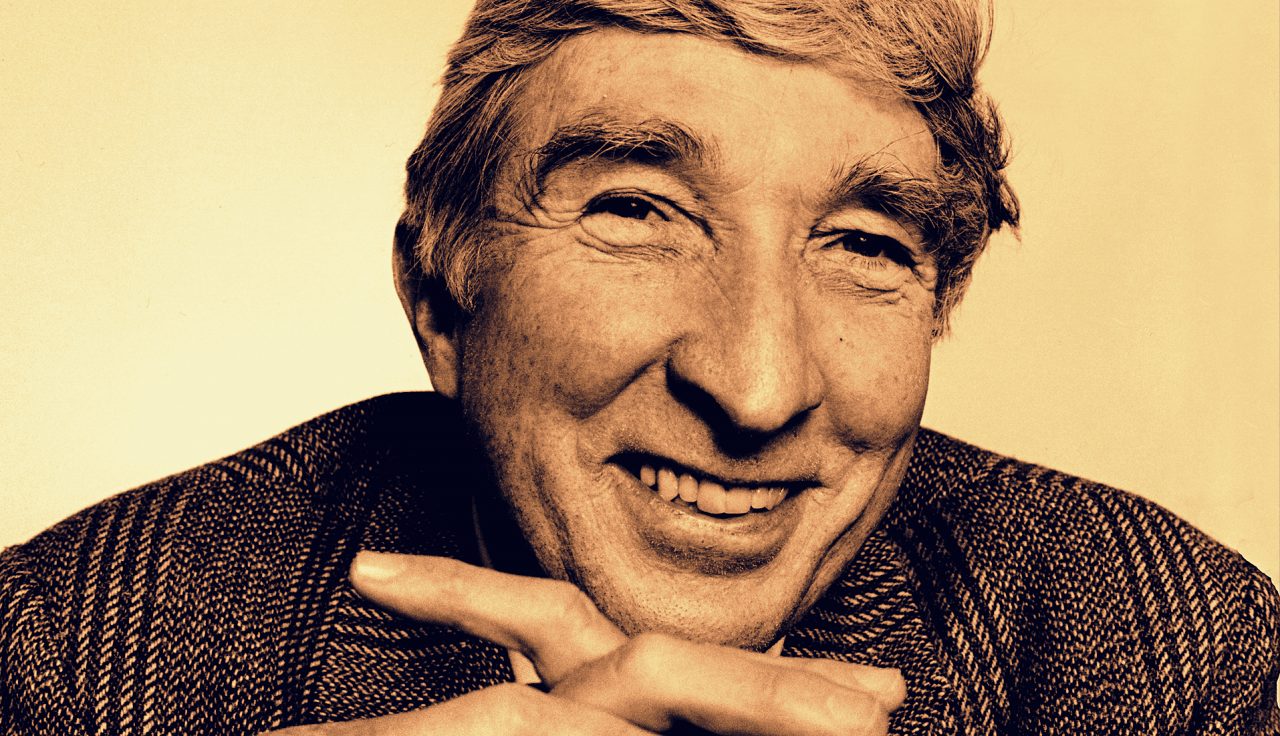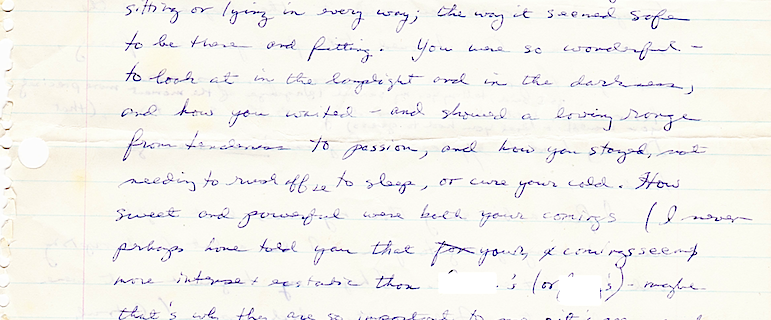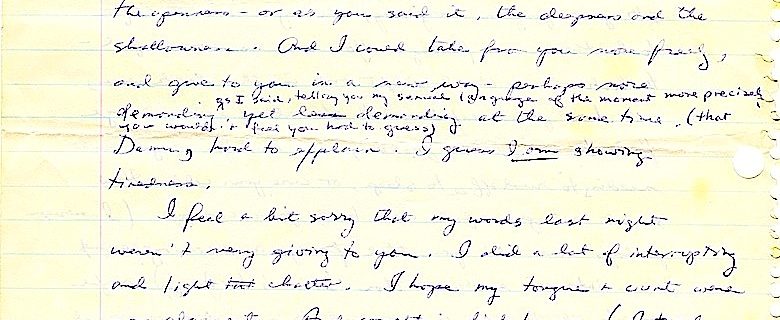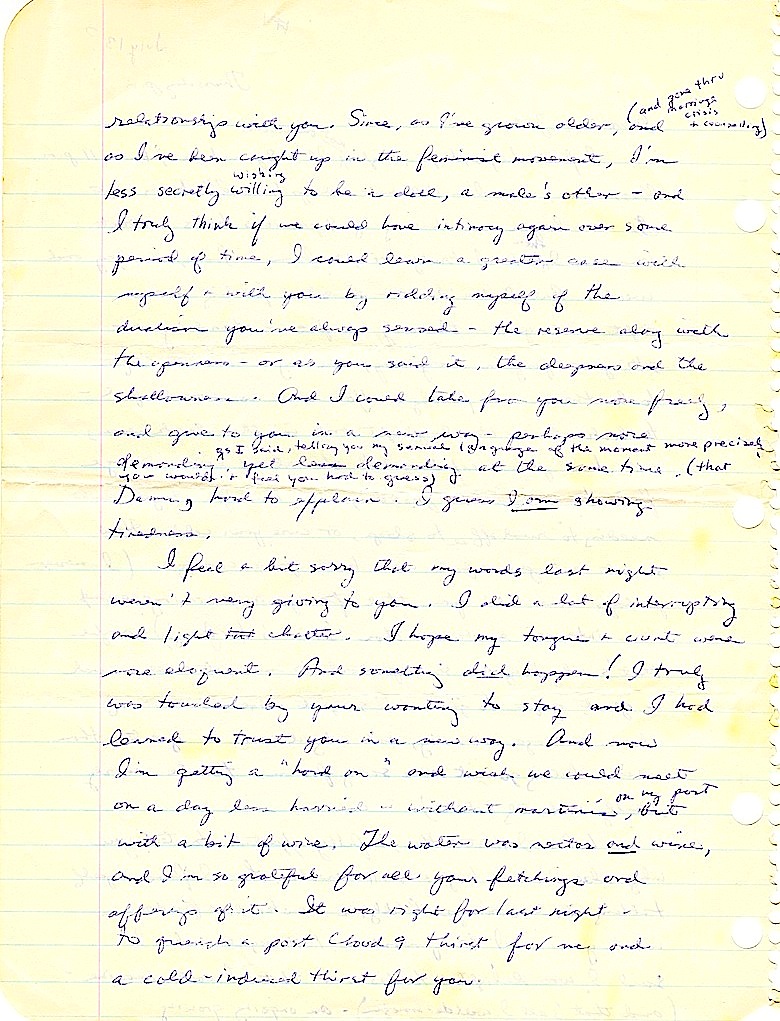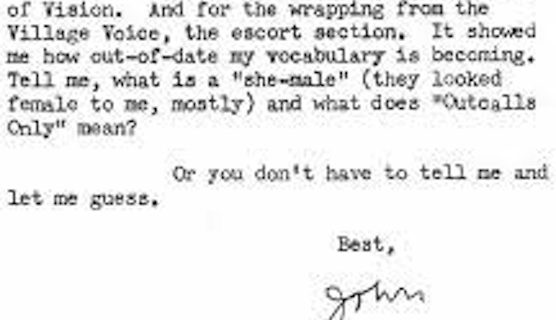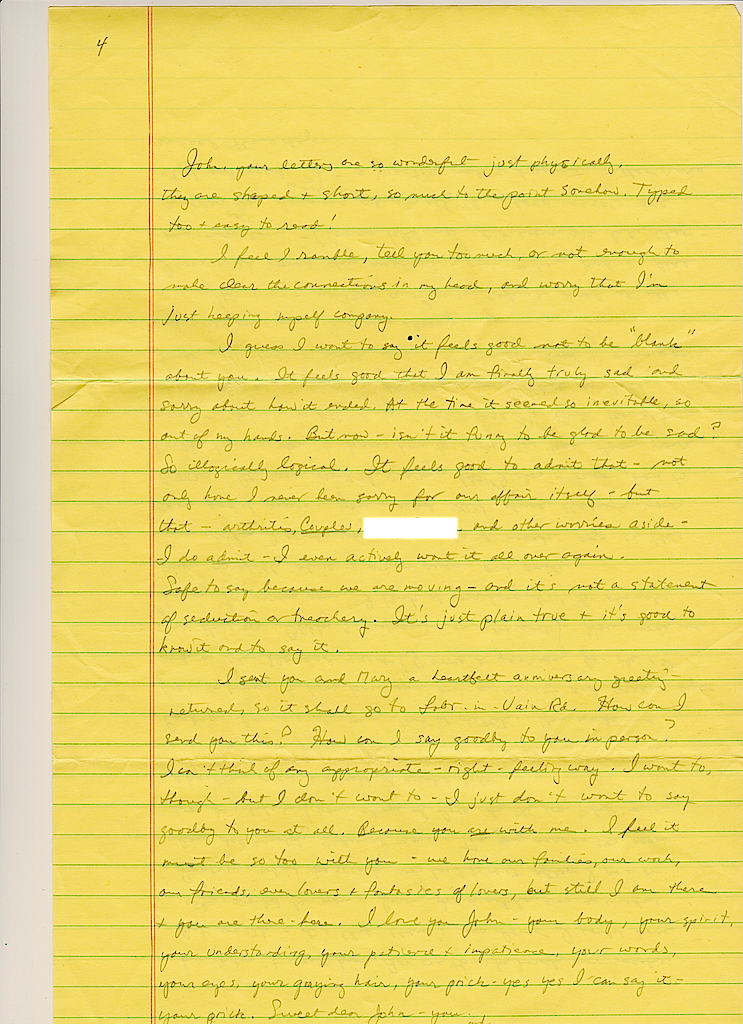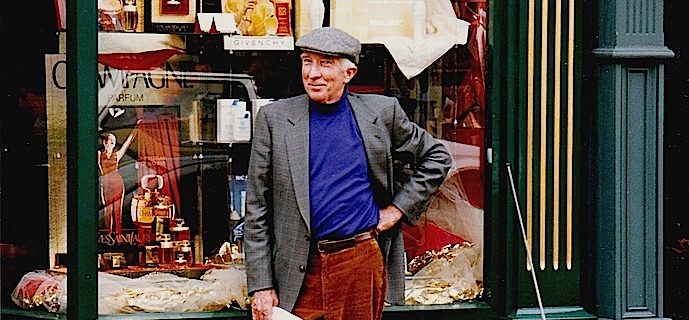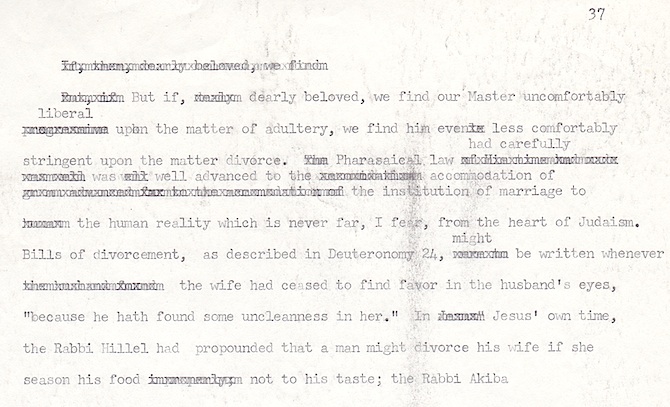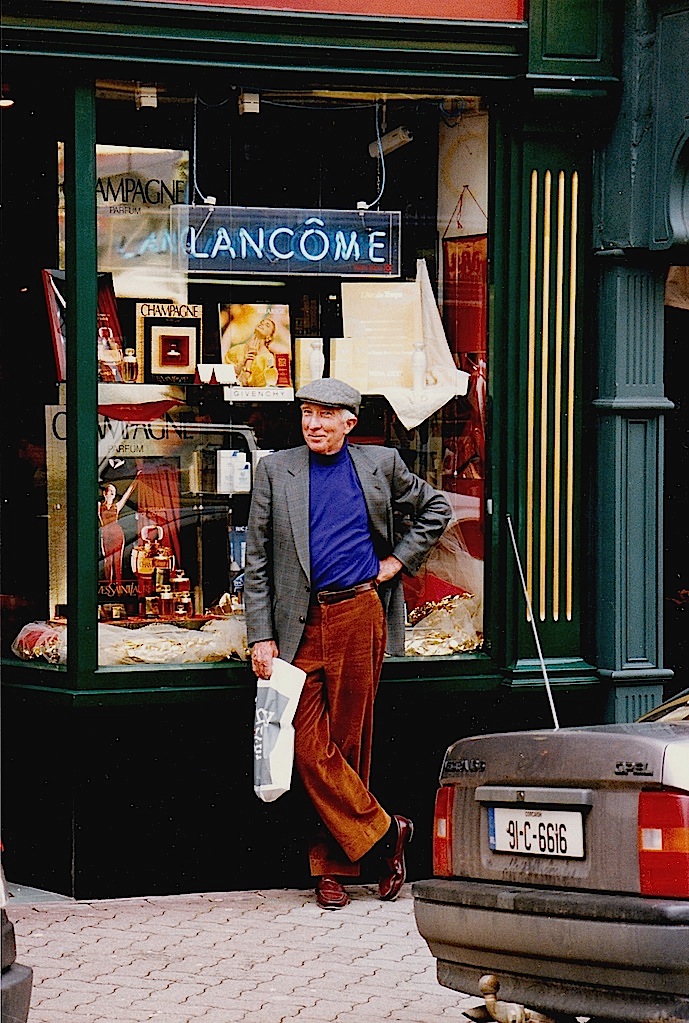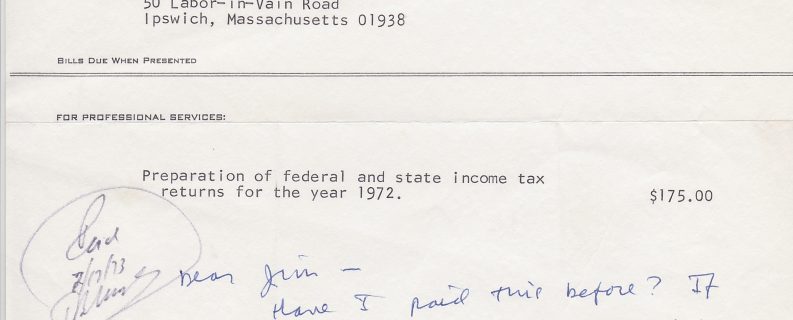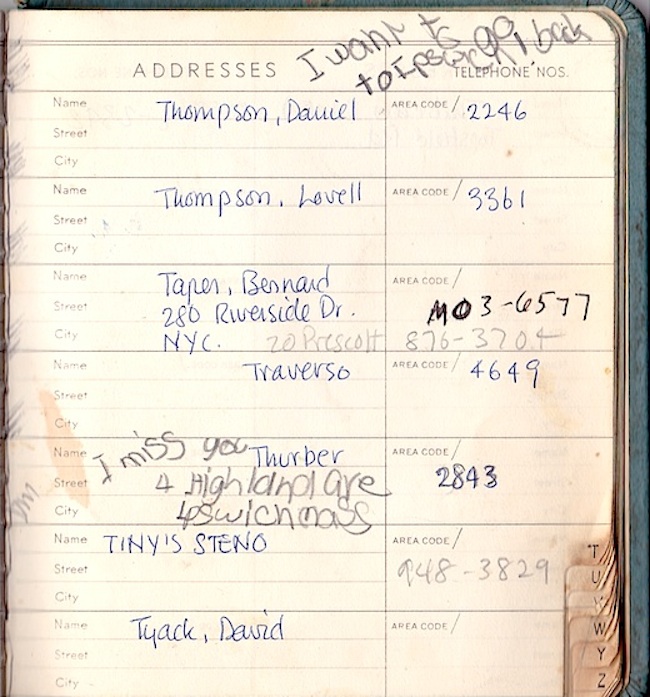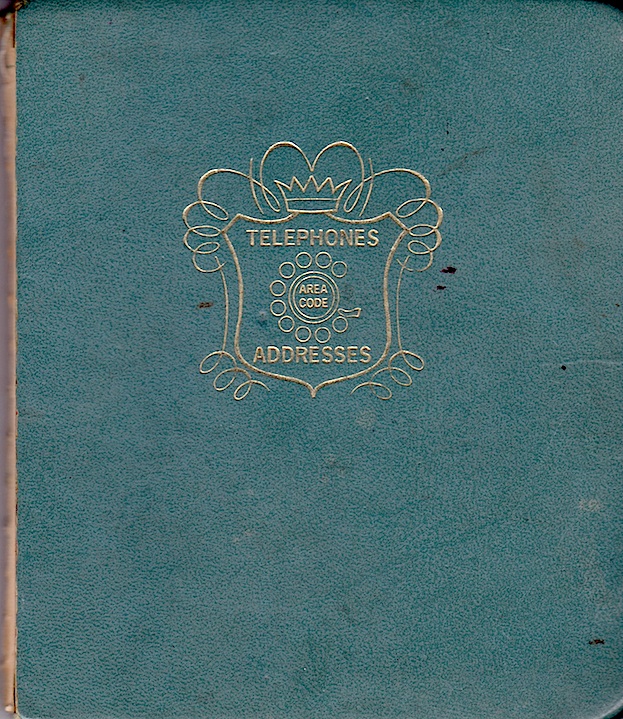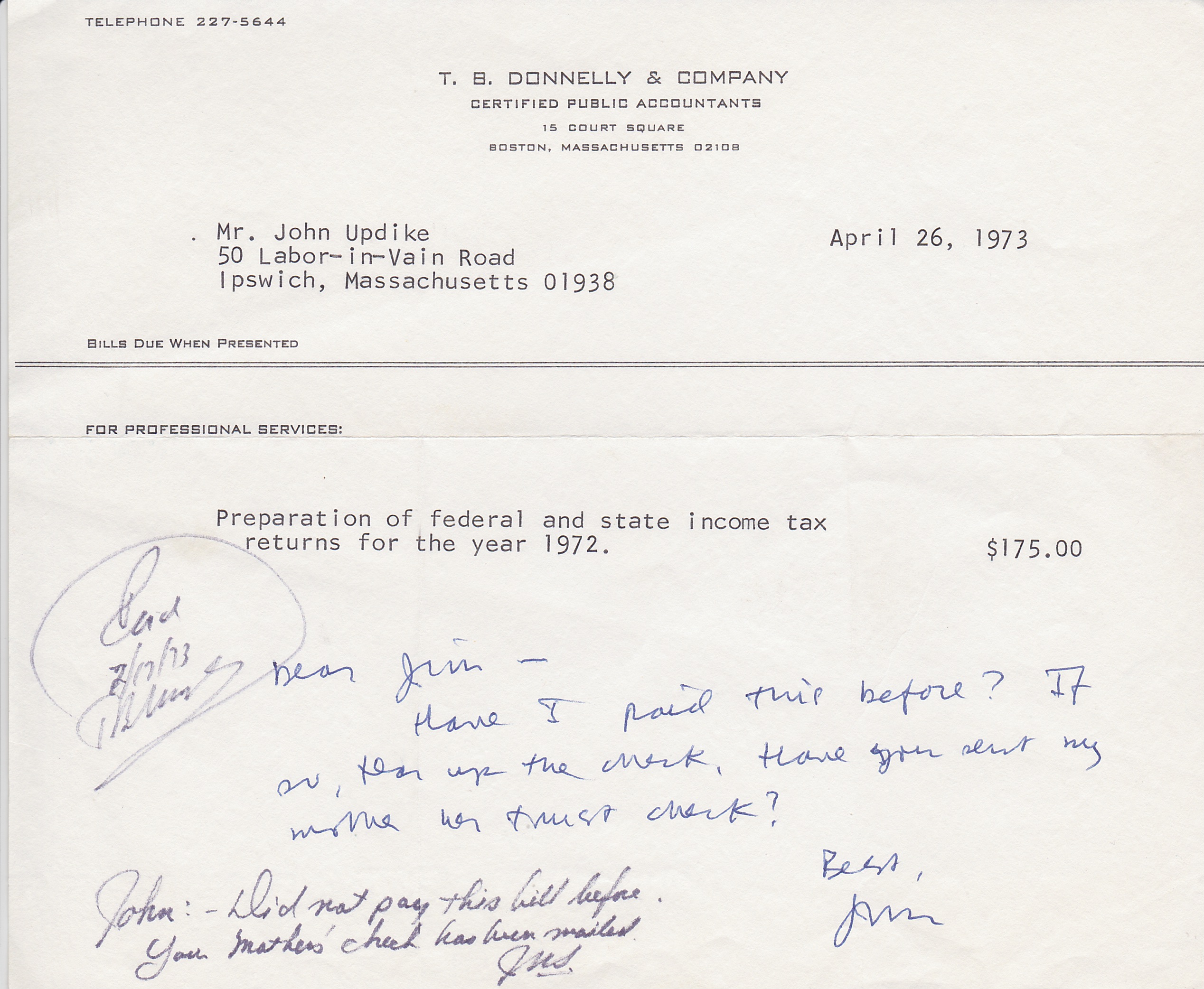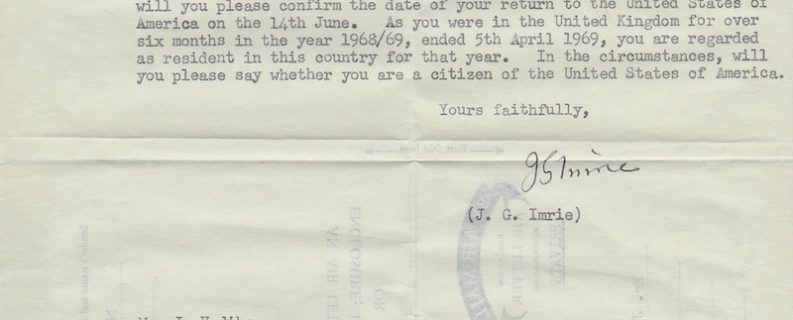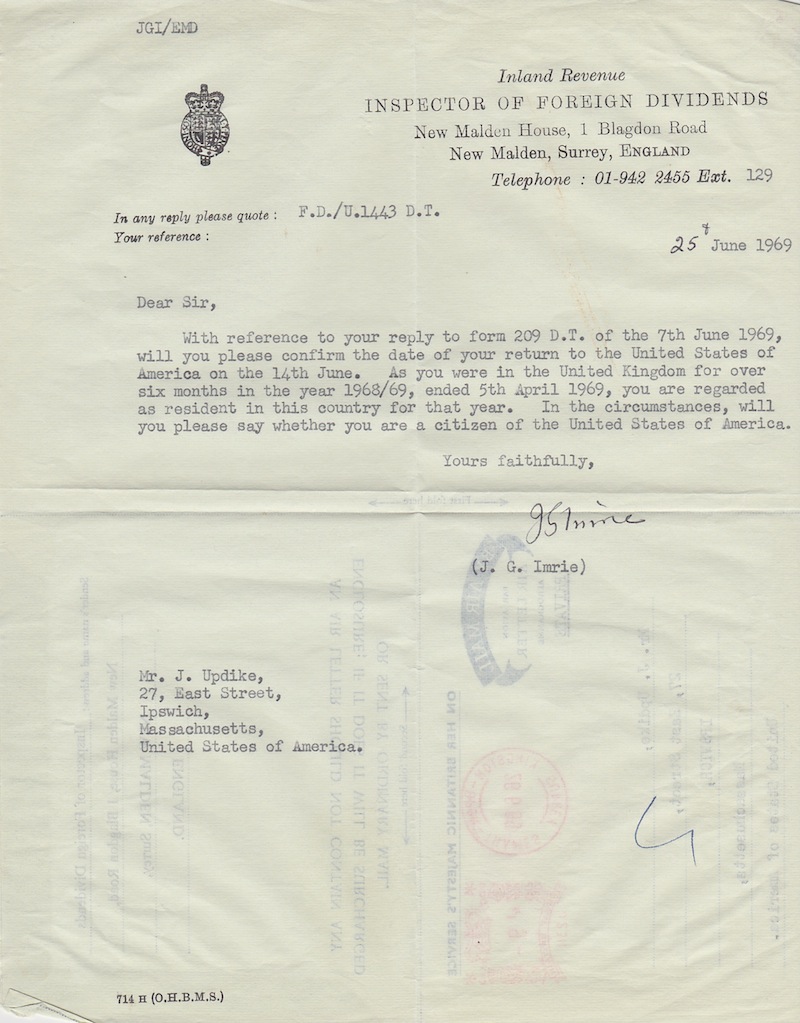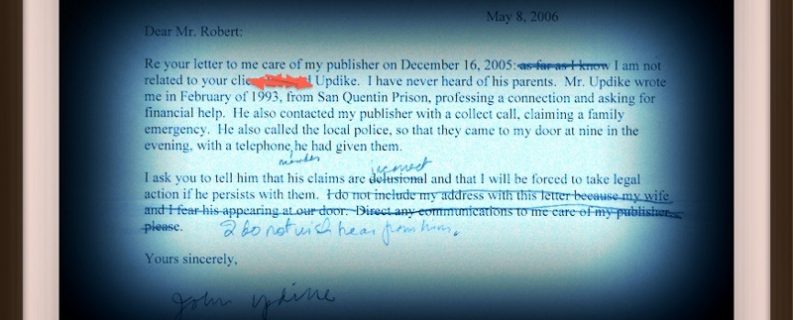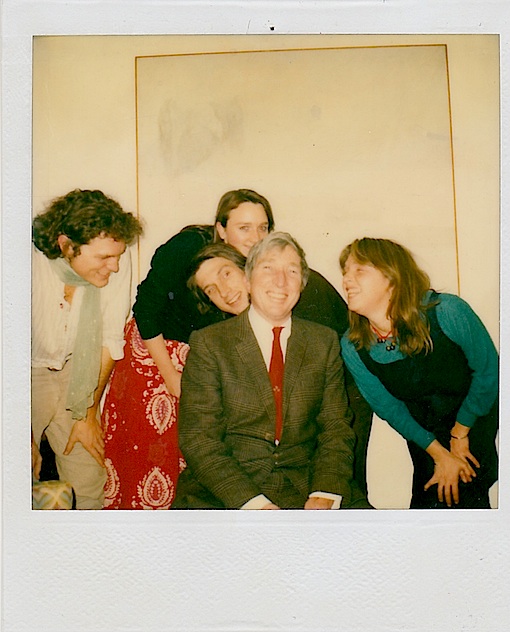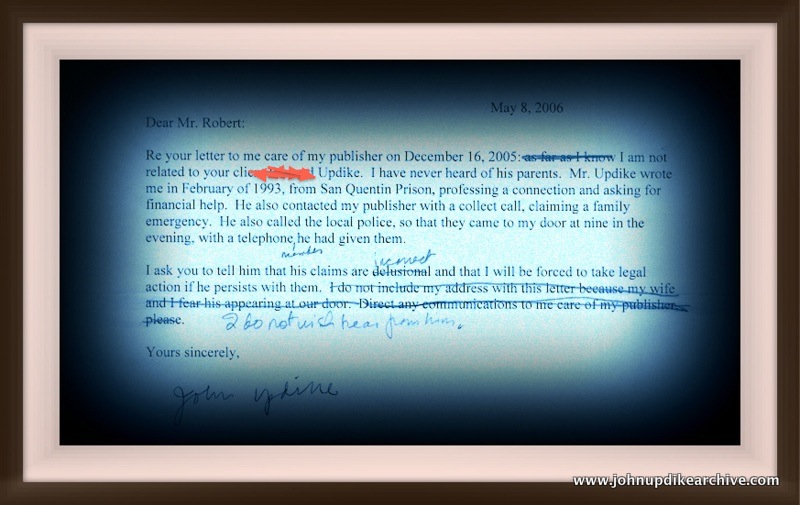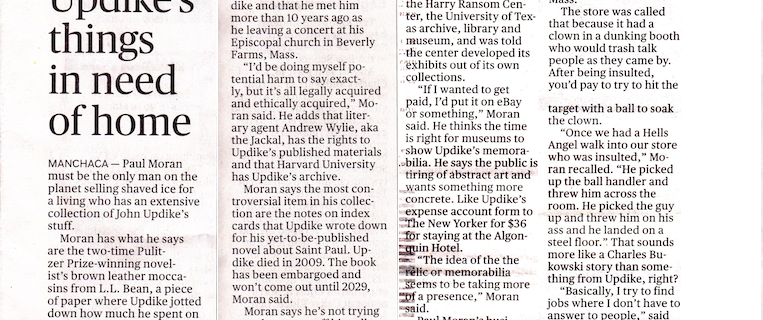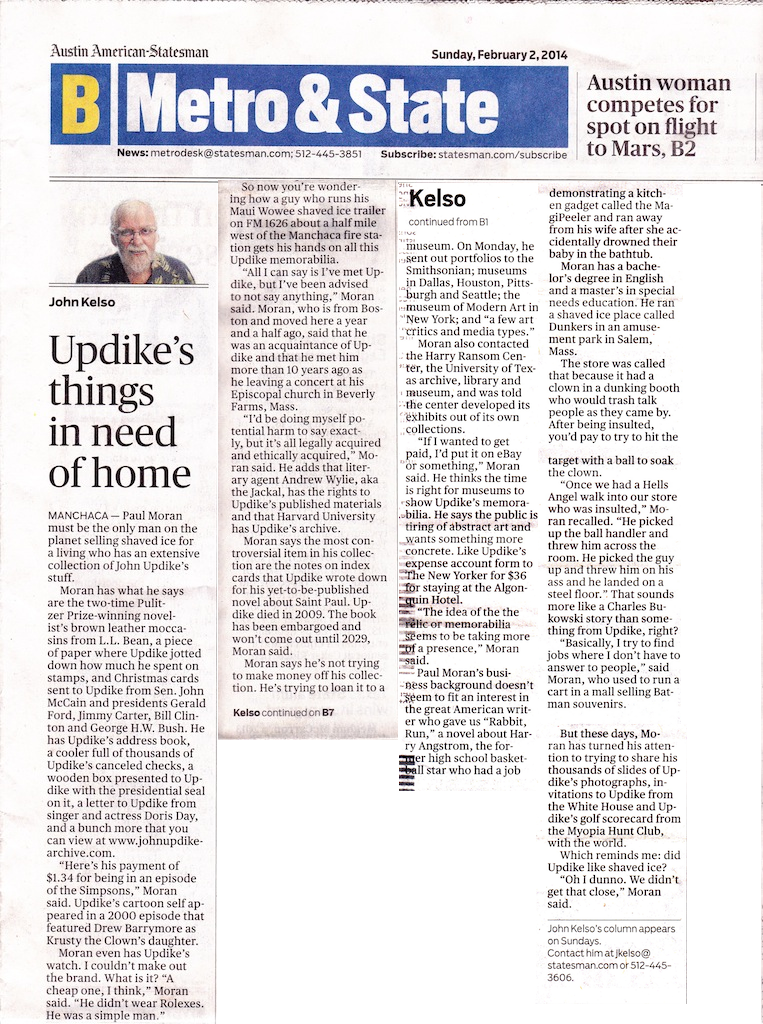Page 1
July 13, 1972 Final Night of the Democratic National Convention
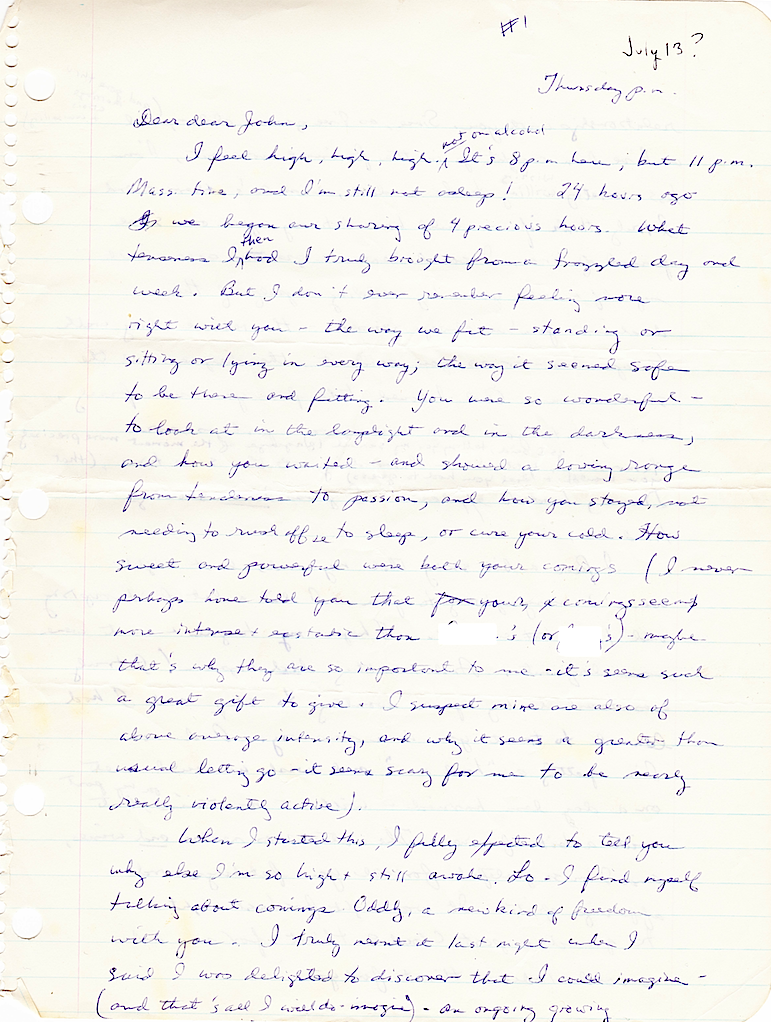
Johnny And Mary
Trying to find certainty
He needs all the world to confirm
That he aint lonely
Mary counts the walls
Knows he tires easilyJohnny thinks the world would be right
If it could buy truth from him
Mary says he changes his mind
More than a woman
But she made her bed
Even when the chance was slimJohnny says hes willing to learn
When he decides hes a fool
Johnny says hell live anywhere
When he earns time to
Mary combs her hair
Says she should be used to itMary always hedges her bets
She never knows what to think
She says that he still acts like hes
Being discovered
Scared that hell be caught
Without a second thought
Running aroundJohnny feels hes wasting his breath
Trying to talk sense to her
Mary says hes lacking a real
Sense of proportion
So she combs her hair
Knows he tires easilyJohnnys always running around
Trying to find certainty
He needs all the world to confirm
That he aint lonely
Mary counts the walls
Says she should be used to itJohnnys always running around
Running around
